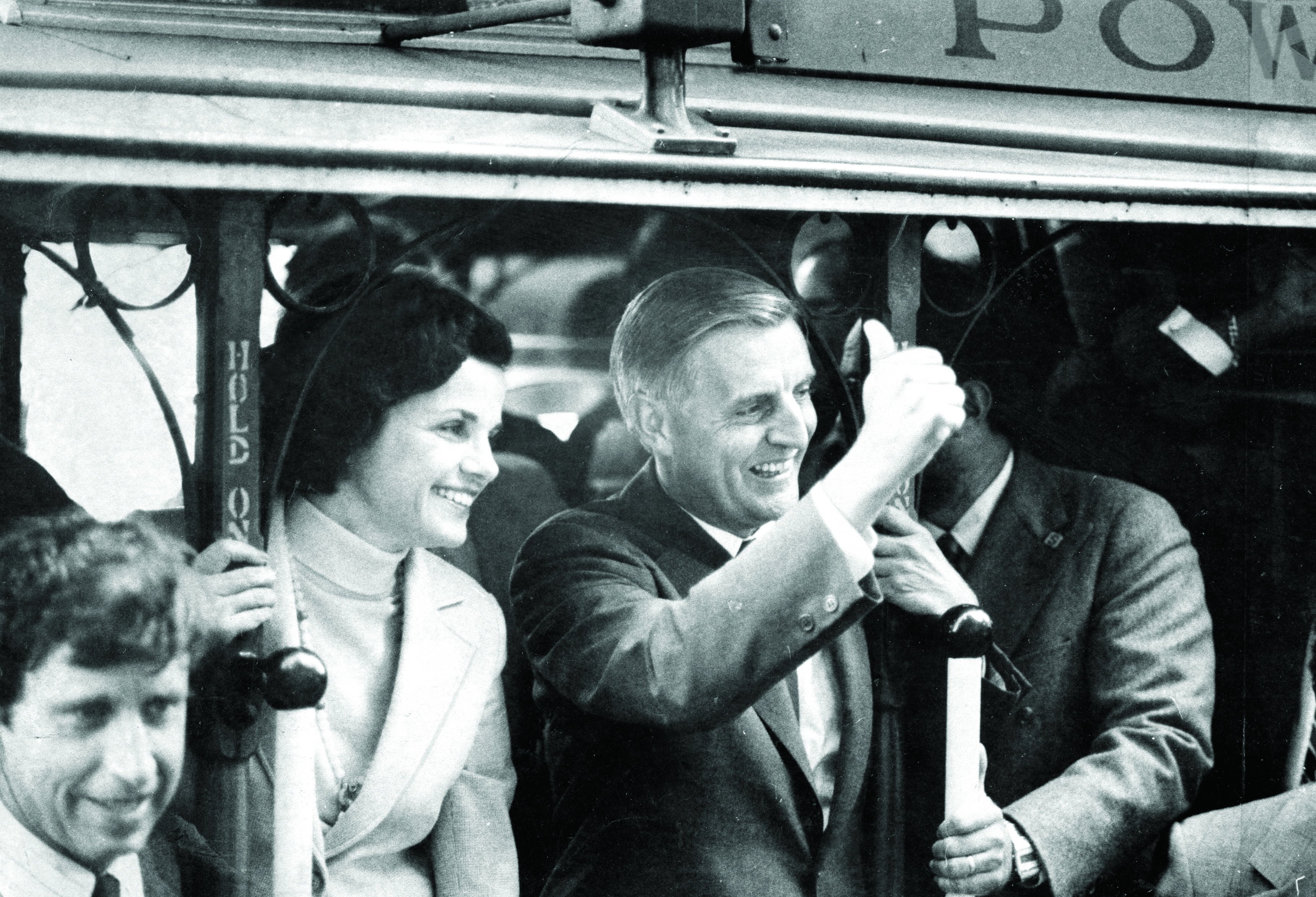We could hear the sound of guns and rocket blasts from the other side of Tân Sơn Nhất International Airport. It was the fall of 1967, and I was having dinner in Saigon the night before starting a research assignment for the U.S. Office of Navy Research. My task was to suggest ideas for developing South Vietnam’s local economies when the war ended.
Top U.S. military leaders had been assuring Americans for months that our military and the South Vietnamese army were turning the tide against Ho Chi Minh’s forces in the North, that we were winning “hearts and minds” of Vietnamese villagers. But hearing and feeling the booming gunfire and rocket blasts that night, I had to wonder.
The next day I was riding with a colleague and two marines in a military jeep on the outskirts of Da Nang. We were 375 miles north of Saigon, close to a major Navy base – and enemy lines to the north. We saw people huddled together along the road, refugees from villages under attack. From a hilltop, we could see enemy artillery fire exploding in the distance.
When the shooting quieted, these villagers would attempt to go back to their daily lives, hiking to wells for water, working in rice paddies, caring for children and the elderly, and so on. What mattered most to them was not ideology. It was survival.
We planned to visit a few villages that afternoon. But moments after our jeep came under fire from somewhere in a rice paddy, those plans were scrapped. We scrambled back to the Navy base in Da Nang as fast as we could.
It was jarringly obvious that the Navy wouldn’t need any bright ideas from me about jump-starting low-income economies. You can’t develop an economy in the midst of all-out warfare, and you absolutely cannot do so if your side is losing. That was the basic message in my report to the U.S. government.
After I got back to the States, I was so angry about the government’s deception that I changed my registered political affiliation from Republican to the leftist, anti-war Peace and Freedom Party.
I had never actually voted Republican. I registered that way when I was twenty-one because my grandmother was a registered Republican, we both admired Eisenhower, and she was the only one I ever talked politics with. When Eisenhower, Truman, and FDR were in the White House, most people believed they were trying to do the right thing.
The Vietnam War dragged on another six years. Eventually, I became a Democrat, one of Walter “Fritz” Mondale’s earliest supporters and fund-raisers for his bid, in 1974, for the 1976 Democratic Presidential nomination. That prize eventually went to Jimmy Carter, with Fritz as his running mate. Fritz did win the Democratic nomination in 1984, but lost in a landslide to Ronald Reagan. That’s me, my wife Dianne Feinstein, and Fritz on a cable car in the photo above. It ran in the San Francisco Chronicle during the Democrats’ 1984 national convention.
(Dianne, then San Francisco mayor, was on Fritz’s short list for running mate. He picked Geraldine Ferraro, a Congresswoman from Queens. Dianne served four more years as mayor. She has represented California in the U.S. Senate since 1992.)
Fritz denounced the Vietnam War as “a military, a political, and a moral disaster” after Richard Nixon entered the White House in 1969. Fifty-eight thousand U.S. troops and hundreds of thousands of Vietnamese soldiers on both sides would die. Perhaps as many as two million Vietnamese civilians would lose their lives.
Now 89, Fritz is one of the most gracious, decent men I have ever known. We have long shared the view that government has a duty to protect the disadvantaged.
“Whenever you have a war, the first casualty is the idea of social progress,” Fritz said two years ago in comments for the chapter on Peace, Democracy, and Development in An Accident of Geography. He was reflecting not only about Vietnam but also long-running U.S. military entanglements in Afghanistan and Iraq. “Today we’ve got paralysis in Washington, this train-wreck school of politics . . . that puts pressure on all the progressive things that I want in our society.”
The Vietnam War and surging federal debt soon crippled funding for many Great Society programs that the Democrat-majority Congress and Lyndon Johnson had backed. LBJ refused to raise taxes to match the soaring military budgets he ordered in the 60s, planting seeds for wicked, double-digit inflation rates in the 1970s.
Without necessary spending to deliver tangible results, Fritz recalls, “many (government) programs couldn’t work. It created a sour taste for the public.”
Fritz has long been wary of the vexing challenges that income inequality raises for our democracy, any democracy; of extreme wealth being concentrated in the hands of a few.
Any of this sound familiar? History does not repeat exactly, as Mark Twain once suggested, but I do believe it rhymes.
** **
Photo by Vici MacDonald / San Francisco Chronicle / Polaris


Leave a Reply